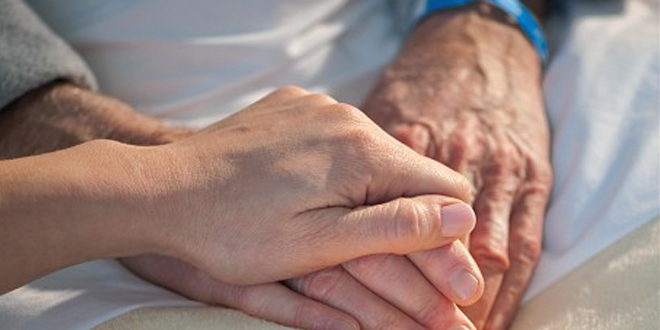
Dilemma: Needs of dying patients ignored
Consulting experts in UK believe that new guidelines are essential to train doctors to respond to the needs of a dying patient, whether it’s social or spiritual.
The National Institute of Health and Care Excellence (NICE) is currently consulting over new guidelines for medical staff for dying patients. These new guidelines, if agreed upon, would replace the debatable Liverpool Care Pathway which has been under use since 1990.
According to experts, even the new guidelines in consideration could fail to address severe problems in dealing with patients who are about to lose their life. They claim that the majority of schools only teach how to improve health and take care of patients, and the majority of these hospitals have palliative care services only once a week, despite the recommendation of doing it daily.
According to Dr. Jonathan Koffman, a lecturer on palliative care, medical students are not trained to tackle death but to give life – death is ignored in teachings, hence spiritual beliefs are ignored as well.
Dr. Sleeman also believes that, although doctors have advanced in saving lives, they have no idea how to deal with death and spiritual beliefs. Hospital administrations try their best to give high quality physical attention, but spiritual and psychosocial needs are completely ignored.
A doctor, who spoke on the basis of anonymity, informed HTV, “As a doctor, the worst thought in my mind would be that I would not be able to save my patient – even scary would be the thought of letting the family realize the fact. How does a doctor consider sitting down along with the patient and discussing his death? It’s something no doctor would want to do – but I guess it’s essential.”
The doctor further said that half of the people who wish to die in their homes die at the hospitals, while the family is not consulted in critical decisions about unstable patients on various occasions.
In England, the Liverpool Care Pathway came under criticism when some patients, as per doctors’ medical advice, were stopped from receiving food and water without even informing the families, though it had been introduced to ensure a comfortable death for patients.
As per one survey, when nurses were asked what should be done to give a comfortable death to patients, a huge number of nurses said that they did not know.

